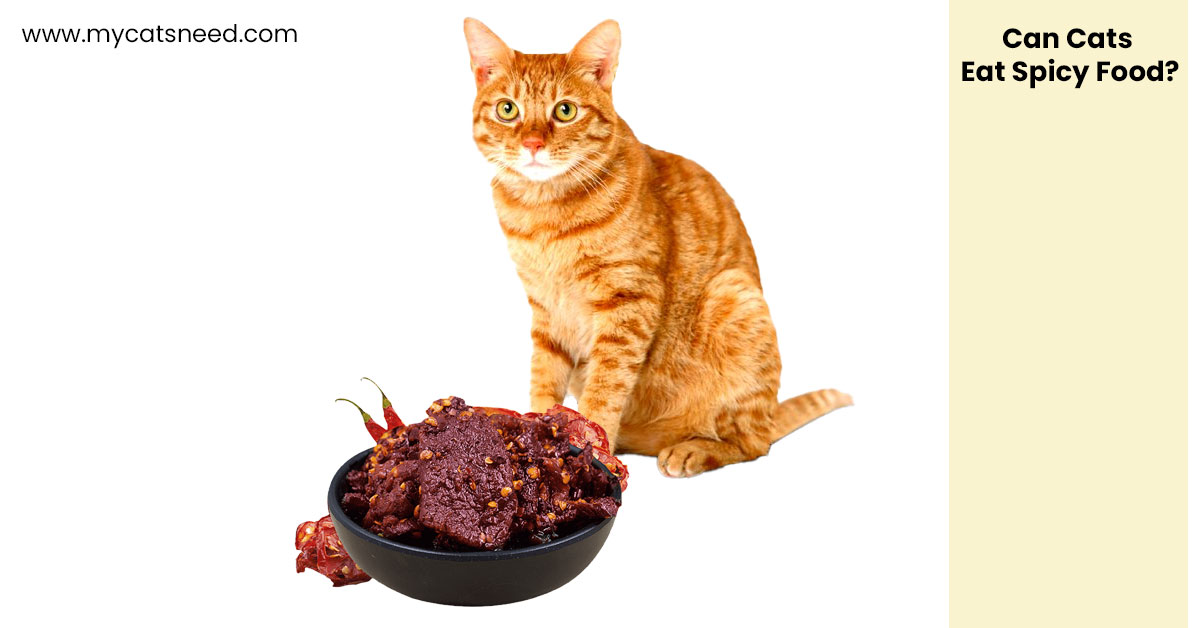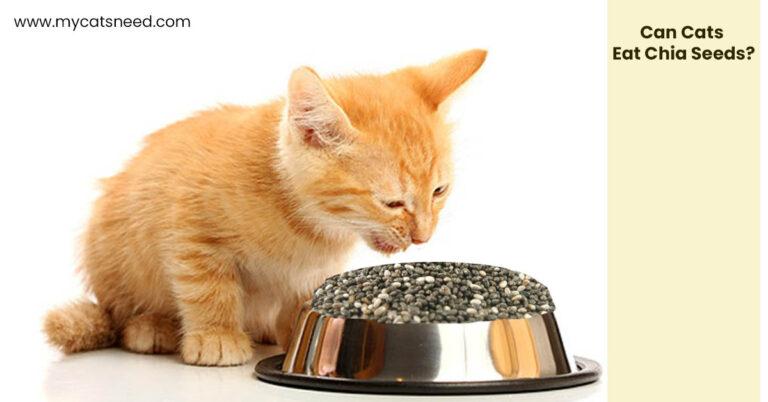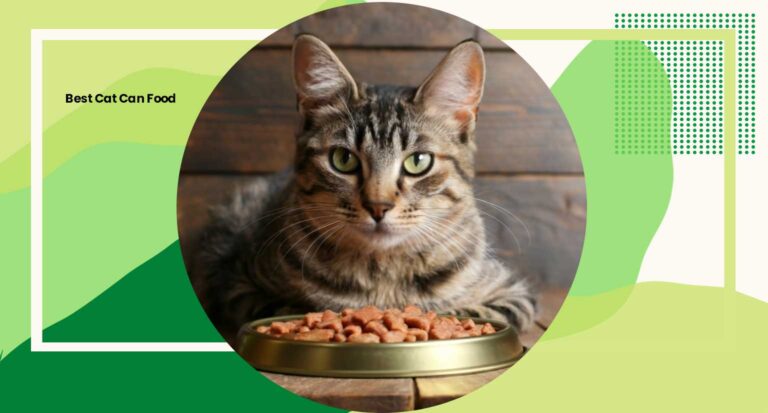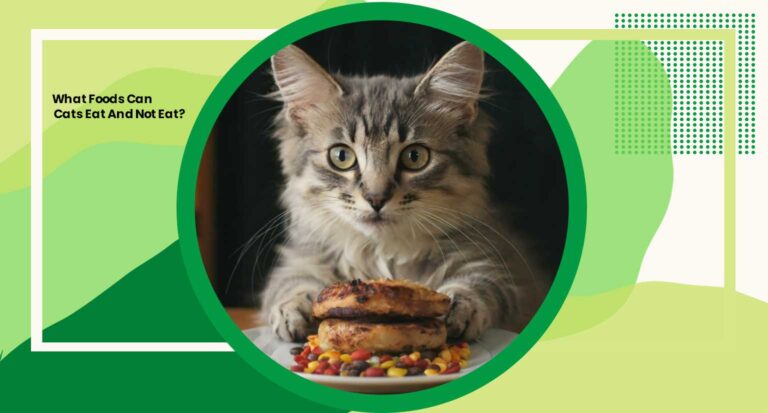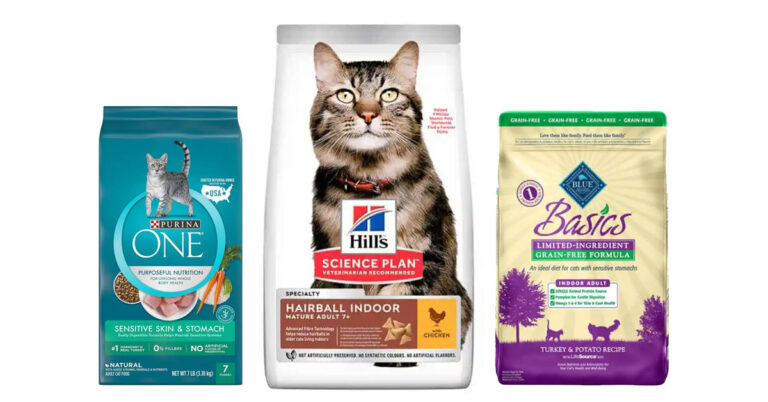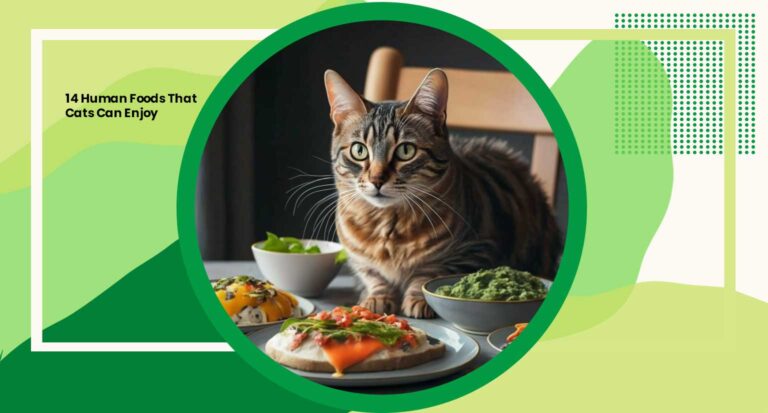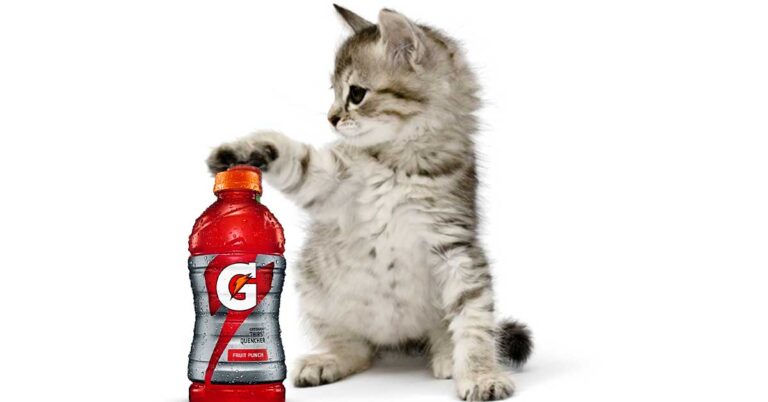Can Cats Eat Spicy Food?
Curiosity might be part of their charm, but when it comes to their diet, our feline friends need to tread carefully. As obligate carnivores, cats are known to have specific dietary needs that differ greatly from ours. But what happens when your curious creature shows interest in your spicy meal? Specifically, can cats eat spicy food?
This question piques the interest of many pet parents, often after witnessing their cats sneak a lick or two from the dinner table. Whether it’s hot sauce, chili peppers, spicy chips, or a bowl of chili con carne, the spicy world of human foods seems to intrigue our furry friends. But does their sense of taste interpret these foods the same way ours do? Is it safe for cats to indulge in these spicy treats?
Join us as we delve into the intriguing world of cats and their interactions with spicy foods. We’ll explore their taste receptors, the effects of capsaicin—the compound responsible for the burning sensation in hot foods, and the impact of spices on a cat’s digestive system. This informative guide is here to answer the burning question: can cats eat spicy food?
Understanding Cats as Obligate Carnivores
Unlike humans who are omnivores, cats are obligate carnivores. This means their bodies have evolved over thousands of years to require a diet predominantly of meat to thrive. They extract most of their nutrition from animal-based proteins and fats, and their bodies aren’t adept at processing a lot of the foods humans enjoy.
Interestingly, cats have fewer taste buds than humans. This lack of taste receptors, especially for sweet and bitter flavors, is due to their carnivorous nature. After all, a strong sense of taste isn’t required for hunting. Their main focus is the smell of food, which guides their dietary choices. However, this doesn’t mean they can’t taste spicy foods, it just isn’t the same experience as it is for humans.
Furthermore, unlike humans who need a varied diet, cats require a regular supply of certain nutrients that are only found in meat, such as taurine, an essential amino acid. Without taurine, cats can develop severe health issues like blindness, heart disease, and even death. That’s why it’s essential to provide a cat’s diet with plenty of meat and minimize their consumption of non-meat foods, including spicy treats.
Thus, while your furry friend might be intrigued by the unique texture or warm temperature of your spicy meal, it’s worth remembering their dietary needs and limitations as obligate carnivores.
Cat’s Sense of Taste
Ever wondered how your feline friend perceives the world of tastes? The truth is, the sense of taste in cats is vastly different from that of humans. Cats’ tongues contain fewer taste buds, and they are particularly tuned to the taste of amino acids, the building blocks of proteins, which suits their carnivorous diet.
While they have a strong sense of smell, which is primarily how they explore their food, cats have a reduced sense for spicy or hot food. Capsaicin, the compound that gives hot peppers their heat and triggers a burning sensation in humans, doesn’t have the same effect on cats. This is because cats lack the specific taste receptors that respond to capsaicin. Therefore, when a cat tastes spicy food, it doesn’t feel the ‘spiciness’ as we do.
However, a fun fact is that cats can react to the smell or other components of spicy food. The strong smells of spices like chili, cayenne pepper, or black pepper can be off-putting for cats, despite their natural curiosity. This reaction is a defense mechanism, a natural way for their bodies to protect them from potential harm.
Remember, just because cats can’t taste spicy food the way we do, it doesn’t mean they should partake in your spicy treat. Understanding your cat’s sense of taste helps ensure you cater to their dietary needs properly.
Taste Receptors in Cats
Our feline friends are fascinating creatures, not just for their agility and charm, but also for their unique biological features. One such interesting trait lies in their taste receptors. Cats have fewer taste buds than humans, around 470 to be exact, compared to our approximate 9000. This means their ability to distinguish different flavors is significantly limited.
Cats’ taste receptors are primarily designed to detect amino acids, the components of meat, which is their primary food source. These taste buds aren’t particularly receptive to sweet, bitter, or spicy tastes. In fact, cats are one of the few mammals that can’t taste sweetness at all. They lack the taste receptor for sweet flavors, again, a result of their evolution as strict carnivores.
When it comes to spicy foods, it’s crucial to remember that ‘spicy’ isn’t a taste, it’s a pain sensation. Capsaicin, the compound that gives chili peppers their kick, binds to pain receptors, not taste buds. Humans have these pain receptors, but cats do not. This means cats do not feel the burning sensation of spicy food. However, this doesn’t mean spicy foods can’t harm cats. They can still cause a range of digestive issues and other adverse effects, which we’ll explore next.
Sense of Taste vs Sense of Smell
When it comes to food exploration, cats rely more heavily on their sense of smell than their sense of taste. This strong sense of smell enables them to determine the type of food, its freshness, and whether it’s worth their time. It’s not uncommon to see a cat refusing a meal because it doesn’t smell ‘right’ to them, even if the food seems perfectly fine to us.
While their taste buds might not react to spicy flavors, their sense of smell can pick up on the strong aroma of spices. This could explain why your furry friend might seem interested in your spicy Indian takeout or the chili con carne simmering on the stove. However, remember, a curious sniff doesn’t equate to their ability or desire to consume such spicy stuff.
On the other hand, a cat’s sense of smell can serve as a protective mechanism. Strong and overpowering aromas from hot spices or a spicy dish may deter cats. Their acute sense of smell can detect overpowering odors and cause them to turn away, protecting them from potentially harmful foods.
In essence, while your cat’s sense of taste may not deter them from sniffing your spicy meal, their sense of smell plays a critical role in keeping them safe from potentially harmful substances.
Spicy Food and Cats’ Digestive System
Now that we understand how cats perceive the taste of spices, let’s delve into the impact of spicy foods on their digestive system. The main reason humans can handle spicy food is that our digestive system is designed to handle a wide variety of foods, including hot and spicy dishes. Unfortunately, this isn’t the case for our feline friends.
While the burning sensation of capsaicin may not affect a cat’s mouth, it can wreak havoc on their digestive tract. Spicy foods can cause upset stomach, diarrhea, vomiting, and other digestive issues in cats. Even a small amount of spicy food can lead to these problems, especially in sensitive or older cats.
Moreover, the high fat and sodium content often found in our spicy meals can also cause health issues in cats. These can lead to obesity, kidney problems, and even heart issues. Furthermore, spicy foods can lead to dehydration, as the cat’s body works to flush out the ‘foreign’ elements. A runny nose and watery eyes can also result from their bodies reacting to the strong smell and taste of spices.
In conclusion, while your cat might not feel the heat in their mouth from your spicy meal, their digestive system will. As cat owners, it’s crucial to keep their well-being in mind and limit their exposure to human foods, particularly spicy ones.
Negative Effects on Cats’ Stomach
Feeding your cat spicy food can lead to a multitude of problems, especially for their stomach. For starters, a cat’s stomach is not designed to handle spicy meals. Even a small quantity of hot food can lead to an upset stomach, causing discomfort and distress to your beloved pet.
Cats that consume spicy food may experience symptoms like diarrhea, vomiting, and abdominal pain. These signs often indicate a disruption in their digestive system. The capsaicin in spicy foods can irritate the lining of the cat’s stomach and intestines, leading to inflammation and digestive problems.
In severe cases, regularly feeding your cat spicy food can lead to chronic gastrointestinal problems. It’s also worth noting that the oils in spicy food can lead to pancreatitis, a painful and potentially serious condition.
In a nutshell, the adverse effects of spicy food on a cat’s stomach are too significant to ignore. As pet owners, we must remember that cats are not small humans. Their dietary needs and digestive systems are vastly different from ours. To keep them healthy and happy, it’s best to stick to cat-friendly foods.
Gastrointestinal Problems
The ingestion of spicy foods can lead to a series of gastrointestinal problems in cats. The hot spices used in many of our favorite foods can trigger inflammation in the cat’s digestive tract, leading to symptoms such as vomiting, diarrhea, and severe abdominal pain.
One of the most common problems is upset stomach or gastritis. This condition can cause a range of uncomfortable symptoms, including loss of appetite, lethargy, and dehydration. If your cat shows these signs after consuming spicy food, it’s crucial to seek immediate veterinary care.
Additionally, the capsaicin in spicy foods can irritate the cat’s digestive lining, leading to inflammation and potentially resulting in chronic conditions like Inflammatory Bowel Disease (IBD). Chronic inflammation can disrupt the absorption of vital nutrients, causing long-term health problems.
Furthermore, spicy foods often contain ingredients like onions and garlic, which are toxic to cats and can cause Heinz body anemia, a form of hemolytic anemia that can lead to jaundice, anorexia, and potentially, severe liver damage.
Therefore, while the occasional lick of spicy food might not be catastrophic, it’s crucial to keep spicy foods out of your cat’s reach to prevent the risk of these gastrointestinal problems.
Common Spicy Foods and Their Effects on Cats
As cat owners, it’s essential to understand the potential harm certain spicy foods can cause to our feline friends. Here, we examine some common spicy foods and their possible effects on cats:
Hot Sauce and Chili Peppers
While they might not cause the same burning sensation in a cat’s mouth as they do in ours, hot sauce and chili peppers can still cause severe digestive upset in cats. The capsaicin found in these can lead to diarrhea, vomiting, and overall discomfort.
Spicy Chips and Snacks
Not only are spicy chips and snacks too hot for our furry friends, but they’re also often loaded with salt and fats that can be detrimental to a cat’s health, leading to obesity, heart problems, and high blood pressure.
Chili Con Carne
Rich in spices, chili con carne can lead to a series of digestive problems in cats. Ingredients such as onions and garlic are toxic to cats, leading to conditions like Heinz body anemia and liver failure.
Pumpkin Spice
While pumpkin itself can be a healthy addition to a cat’s diet in moderation, pumpkin spice can be harmful. The mix typically contains nutmeg, which can cause hallucinations, stomach upset, and even high heart rate in cats if ingested in large quantities.
In conclusion, it’s a good idea to keep these and other spicy foods away from your cats. Their digestive system isn’t designed to handle such meals, and consuming them can lead to a variety of health issues.
Hot Sauce and Chili Peppers
While they might not cause a burning sensation in a cat’s mouth, hot sauce and chili peppers can cause a lot of discomfort and health issues. Both of these spicy items contain capsaicin, a compound responsible for their heat. While capsaicin doesn’t trigger a reaction on the cats’ tongues, it can severely irritate their digestive system.
Feeding your cat hot sauce or chili peppers, even in small amounts, can lead to symptoms such as vomiting, diarrhea, and upset stomach. In severe cases, it can even result in inflammation of the digestive tract.
Additionally, if a cat comes into physical contact with these hot substances, it can result in discomfort and irritation, particularly if it comes in contact with the cat’s eyes or skin. Cats groom themselves by licking, so if they get hot sauce or chili pepper on their fur, they’ll likely ingest it, leading to the above-mentioned problems.
As responsible cat owners, it’s vital to ensure our furry friends don’t have access to these hot items. While we might enjoy the kick of hot sauce or chili peppers, it’s a taste adventure that our cats don’t need and shouldn’t have.
Spicy Meals and Snacks
Spicy meals and snacks, such as spicy chips, salsa, curry, or other hot dishes, are favorites among many people. However, these are far from being suitable for our feline friends. Their unique texture and taste might pique your cat’s curiosity, but these spicy treats can have adverse effects on your cat’s health.
The high level of spices used in these meals can irritate a cat’s digestive tract, leading to symptoms like diarrhea, vomiting, and upset stomach. In addition, the excess fat, salt, and artificial flavorings common in these foods can lead to obesity, dehydration, and even kidney problems over time.
Moreover, some ingredients commonly used in spicy meals, such as onions, garlic, and certain hot peppers, are toxic to cats. These can cause serious conditions such as Heinz body anemia or liver failure. Even a small amount of these toxic ingredients can be harmful.
As pet parents, it’s our responsibility to ensure the safety of our pets. It’s best to avoid sharing our spicy meals and snacks with our cats, no matter how much they might seem interested in trying new things.
Spice-Related Health Risks
While the occasional lick of a spicy food item might not cause significant harm, continuous or large quantities can lead to severe health risks in cats. Here are some notable concerns:
Stomach Upset
Spices can irritate the cat’s stomach, leading to symptoms such as diarrhea, vomiting, and loss of appetite. In some cases, continuous irritation can lead to chronic inflammation and digestive issues.
Toxicity
Some spices contain substances toxic to cats. For instance, onions and garlic can lead to Heinz body anemia, and large amounts of nutmeg found in pumpkin spice can cause hallucinations and increased heart rate.
Dehydration
Spicy foods often lead to increased thirst, leading to a risk of dehydration, especially if the cat does not increase its water intake correspondingly.
Increased Blood Pressure
The high sodium content in many spicy foods can lead to an increase in blood pressure, putting cats at risk of heart disease and other related health issues.
Liver Damage
Garlic and onions, common ingredients in many spicy foods, can cause liver damage in cats. Over time, this can lead to liver failure, a potentially fatal condition.
As responsible pet owners, we must avoid putting our cats at risk by sharing our spicy meals with them. Their health and well-being should always be our top priority.
Heinz Body Anemia
Heinz body anemia is a serious health risk for cats who consume certain spicy foods, particularly those containing onions and garlic. These common ingredients contain substances that, while perfectly safe for humans, can be toxic to cats.
When a cat ingests these ingredients, their red blood cells may develop clusters of damaged hemoglobin called Heinz bodies. The cat’s body identifies these cells as damaged and targets them for removal. This process leads to a decrease in the number of red blood cells, resulting in anemia.
Symptoms of Heinz body anemia can include pale gums, rapid breathing, lethargy, loss of appetite, and dark-colored urine. In severe cases, Heinz body anemia can lead to jaundice, a condition marked by yellowing of the skin and eyes.
It’s important to remember that cats are obligate carnivores with a dietary structure vastly different from ours. Therefore, feeding them human food, especially spicy food containing onions or garlic, should be avoided to prevent this and other health risks.
Liver Failure
Liver failure in cats can be a dire consequence of regular consumption of certain spicy foods, especially those containing onions and garlic. These foods contain substances called thiosulphates, which are harmless to humans but toxic to cats. When ingested, these substances can cause oxidative damage to red blood cells, leading to a condition known as Heinz body anemia, which in turn can cause severe liver damage over time.
Liver failure in cats can manifest in symptoms such as loss of appetite, weight loss, vomiting, diarrhea, jaundice (a yellowing of the skin, whites of the eyes, and gums), increased thirst and urination, and changes in behavior such as lethargy or aggression. If left untreated, liver failure can be fatal.
While cats are curious creatures and may show interest in a spicy meal, as responsible pet owners, we must ensure that they don’t have access to foods that can harm them. A good rule of thumb is to stick to cat-safe foods and avoid giving them any spicy human foods to keep their liver – and overall health – in the best possible condition.
Cats and Spice Tolerance
While humans may have a high tolerance for spicy foods, this isn’t the case for our feline companions. Cats’ dietary needs and digestive systems are fundamentally different from ours, and they are not equipped to handle the heat and composition of spicy foods.
How Cats React to Spicy Foods
Since cats don’t taste spicy foods the same way humans do, they don’t react to the burning sensation that we associate with spices. However, their bodies still react to the chemicals present in these foods. Ingesting spicy foods can lead to digestive problems, upset stomach, and even more severe health issues such as Heinz body anemia or liver failure.
Are There Any Safe Spices for Cats?
While it’s best to avoid giving your cat any spicy food, some mild spices like turmeric and cinnamon could be used in very small quantities. However, it’s essential to consult with a vet before introducing these into your cat’s diet. Remember, your cat’s diet should mainly consist of high-quality cat food designed to meet their nutritional needs.
What to Do if Your Cat Eats Spicy Food
If your cat accidentally consumes spicy food, monitor them closely for any signs of discomfort or adverse effects such as vomiting, diarrhea, or unusual behavior. If these symptoms persist, or if you notice more severe signs such as blood in their stool, rapid breathing, or jaundice, seek immediate veterinary attention.
In conclusion, while cats may be intrigued by the smell or unique texture of spicy foods, it’s best to keep such items out of their reach. Protecting our pets from potential harm is always the best way to show them our love.
Spice Curiosity
As naturally curious creatures, cats may show interest in a variety of human foods, including spicy ones. The aroma, bright colors, or the simple curiosity of exploring something new may draw them towards these foods. However, their interest doesn’t mean they should indulge.
It’s crucial to understand that cats’ curiosity towards spicy food doesn’t stem from a craving for spicy flavors. Rather, it’s their keen sense of smell that draws them to the unique scent of these foods. Remember, cats lack the taste receptors for spicy foods, so they don’t perceive them the same way we do.
Although their exploratory nature might lead them to lick or nibble on a spicy dish left unattended, this can lead to potential health risks. The capsaicin in chili peppers and other hot spices can cause gastrointestinal problems, such as an upset stomach, diarrhea, and even more serious conditions such as Heinz body anemia and liver failure.
As a responsible pet owner, it’s your role to satisfy your cat’s curiosity in a safe manner. Encourage their exploration with cat-friendly toys and treats, and ensure spicy foods are out of their reach. Remember, the well-being of your cat is always a top priority.
Older Cats and Spicy Food
As cats age, they can develop various health issues, such as chronic kidney disease or decreased immune function. Spicy foods can exacerbate these conditions and lead to further health complications. Like their younger counterparts, older cats also lack the necessary taste receptors to enjoy the spice and can suffer from the same adverse effects when consuming spicy foods.
Furthermore, older cats may have a more delicate digestive system, making them even more susceptible to the irritants in spicy food. Even a small amount of spicy food can cause an upset stomach, leading to discomfort and potential health risks.
In addition, spices such as onions, garlic, and certain hot peppers, which can cause Heinz body anemia and liver failure, are particularly harmful to older cats. Their bodies may struggle to recover from these conditions, leading to a decline in their overall health and well-being.
While we might be tempted to share our favorite spicy dishes with our older feline friends, it’s essential to remember that their health needs are different from ours. As responsible pet owners, it’s our duty to ensure that their diet is safe, balanced, and appropriate for their age and health status.
Dangers of Sharing Spicy Food with Cats
It might be tempting to share a spicy meal with your feline friend, especially when they show curiosity. However, the potential dangers far outweigh any momentary pleasure your cat might gain from the unique texture or aroma of spicy foods.
Immediate Adverse Effects
Even in small quantities, spicy foods can cause immediate discomfort to your cat. This can include burning sensations in the cat’s mouth, stomach upset, and watery eyes. Over time, continuous exposure can lead to gastrointestinal problems such as diarrhea, vomiting, and loss of appetite.
Long-term Health Risks
Repeated exposure to spicy food can cause chronic health issues in cats. Ingredients such as onions, garlic, and certain hot peppers can lead to Heinz body anemia and liver failure. The high sodium content in spicy foods can also cause increased blood pressure, posing a risk for heart disease and other related health issues.
Behavioral Changes
Consumption of spicy food can lead to behavioral changes in your cat. They may become less active, lose their appetite, or show signs of distress. In more severe cases, they may become aggressive or fearful.
In conclusion, while it may be tempting to share your spicy dish with your cat, it’s best to refrain. Instead, opt for safe, cat-friendly treats that satisfy their curiosity without risking their health. Remember, a responsible pet owner ensures that their pet’s diet meets their specific nutritional needs, keeping their furry friend healthy, happy, and safe.
Risk of Dehydration
Another crucial factor to consider when it comes to cats and spicy food is the risk of dehydration. Spicy foods, particularly those containing chili peppers or other hot spices, can cause a noticeable increase in thirst. This is due to the capsaicin found in spicy foods, which triggers a burning sensation and prompts the body to cool down by drinking more water.
While increased water intake might not seem problematic, it can become a concern if the cat does not drink enough to counter the effects of the spicy food. This can lead to dehydration, a serious condition characterized by symptoms such as lethargy, dry gums, and decreased urination. In severe cases, dehydration can even cause organ failure and death.
Furthermore, if a cat is already prone to dehydration – for example, if they primarily eat dry food and don’t drink enough water – the consumption of spicy food can exacerbate this risk. Therefore, it’s essential to ensure your cat has access to fresh, clean water at all times, especially if they accidentally ingest spicy food.
As pet parents, we must ensure our feline friends are protected from risks like dehydration. This involves providing them with a diet that suits their unique dietary needs, and of course, this means excluding spicy foods.
Allergic Reactions
While it’s not common, cats can have allergic reactions to certain foods, including spices. The risk is low compared to other animals, but it’s not zero. If a cat is allergic to a particular spice, consumption can trigger an allergic reaction which can range from mild to severe.
Signs of an allergic reaction in cats can include skin irritations such as itching and hives, gastrointestinal problems like vomiting and diarrhea, and in severe cases, difficulty breathing. The main reason for these reactions is the immune system’s overreaction to the foreign substance, in this case, the spice, which the body perceives as harmful.
Another concern is the potential for anaphylaxis, a severe allergic reaction that can be life-threatening. Symptoms of anaphylaxis in cats include vomiting, diarrhea, difficulty breathing, pale gums, cold limbs, and sudden collapse. If your cat shows any of these symptoms after eating spicy food, it’s crucial to get them to the vet immediately.
Given these potential risks, it’s best to avoid feeding your cat spicy food. Stick to a diet of cat-appropriate food and treats to keep your feline friend safe, healthy, and happy.
Alternatives to Spicy Foods
With the clear understanding that spicy foods pose potential health risks to cats, it’s beneficial to explore safe and nutritious alternatives for our feline companions. Here are some suggestions:
High-quality Cat Food
The best food for your cat is, without a doubt, a high-quality cat food specifically designed to meet their dietary needs. These foods contain the essential nutrients that cats need, including a high percentage of protein, certain fatty acids, vitamins, minerals, and amino acids.
Cat-safe Human Foods
There are several human foods that are safe for cats to eat. This includes plain cooked chicken, turkey, fish, and certain fruits and vegetables. Remember, these should be served without spices or seasoning, and in moderation.
Safe Cat Treats
Treats should only make up about 10% of your cat’s daily caloric intake, but they can be a great way to bond with your pet and encourage good behavior. Many commercial cat treats are both safe and healthy for cats. You can also consider freeze-dried protein treats, which are often well-loved by cats.
While it might be tempting to share your spicy meal with your furry friend, remember that their dietary needs are very different from ours. Sticking to cat-safe foods and treats is the best way to ensure they stay happy and healthy. If you’re ever unsure about whether a food is safe for your cat, it’s always a good idea to consult with your vet.
Conclusion
Cats, as obligate carnivores, have a unique dietary makeup that doesn’t include spicy foods. While their curiosity might lead them to sniff or lick your spicy dish, consumption of these foods can lead to serious health issues. From immediate discomfort like a burning sensation and stomach upset, to long-term health risks like Heinz body anemia and liver failure, spicy foods pose a clear danger to our feline friends.
Furthermore, with the risk of dehydration and potential allergic reactions, it’s best to keep spicy meals and snacks out of your cat’s reach. Whether you’re dining on chili con carne, spicy chips, or your favorite spicy Indian takeout, remember that these foods are for humans, not cats.
Instead, opt for high-quality cat foods, cat-safe human foods, and approved treats that can satisfy their sense of taste without causing harm. Your pet’s health and happiness are paramount, and knowing what foods are safe for them to consume is part of being a responsible pet owner.
In conclusion, can cats eat spicy food? It’s a resounding no. While we might enjoy a spicy kick in our meals, it’s best to save the hot sauce, chili peppers, and cayenne for ourselves and stick to cat-safe foods for our feline friends.

